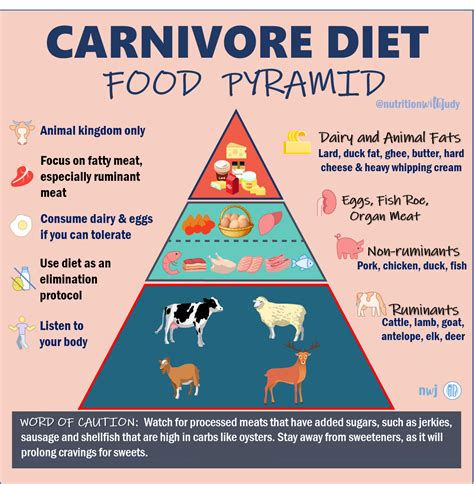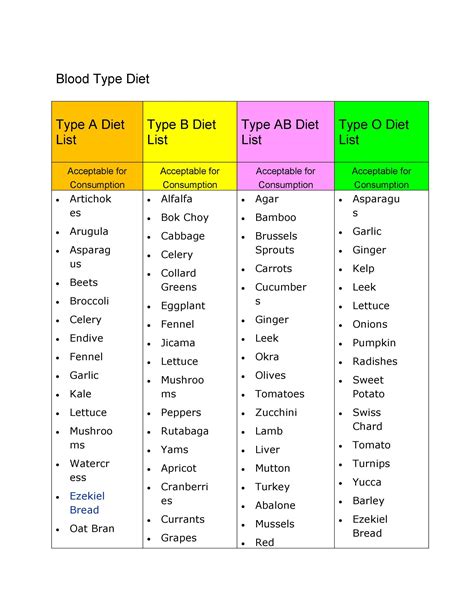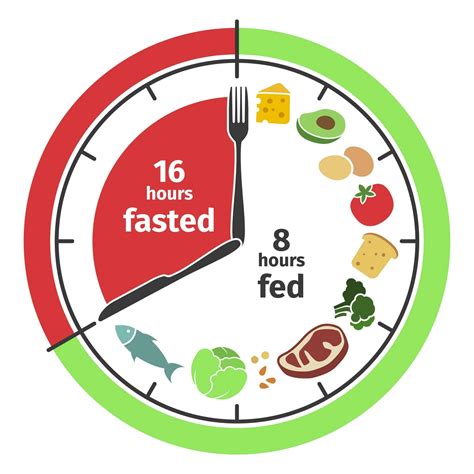Discover the science, benefits, and challenges of the Carnivore Diet. Get started with expert tips on transitioning to this unique dietary approach.
Introduction to Carnivore Diet
Contents
The Carnivore Diet is a dietary plan that focuses on consuming primarily animal products such as meat, fish, eggs, and dairy, and excludes all plant-based foods. It is often referred to as an all-meat diet and has gained popularity in recent years as a potential way to improve health and well-being.
Proponents of the Carnivore Diet claim that it can lead to weight loss, improved mental clarity, and reduced inflammation. The diet is based on the belief that humans evolved as carnivorous beings and that consuming only animal products is the most natural and optimal way of eating.
While the Carnivore Diet may seem extreme to some, it has attracted a following of devoted enthusiasts who swear by its benefits. However, it is not without controversy and critics argue that it is not a sustainable or balanced way of eating in the long term.
Despite the debate surrounding the Carnivore Diet, it continues to pique the interest of individuals looking for alternative approaches to nutrition and health. In the following blog posts, we will delve deeper into the science behind the Carnivore Diet, its potential benefits, as well as the challenges one may face when following this dietary plan.
Science behind Carnivore Diet
Carnivore diet is an increasingly popular dietary trend that involves consuming only animal products and excluding all plant-based foods. The science behind the carnivore diet is based on the belief that humans evolved as carnivorous creatures, and that a diet primarily consisting of animal products is more in line with our biological needs. Proponents of the carnivore diet argue that our ancestors thrived on a diet of meat, fish, and other animal products, and that the consumption of plant-based foods is a relatively recent development in human evolution.
Advocates of the carnivore diet often point to the composition of animal products, which are high in essential nutrients such as vitamin B12, omega-3 fatty acids, and complete proteins. They also argue that the elimination of plant foods can alleviate digestive issues, allergies, and autoimmune conditions, due to the exclusion of potentially inflammatory compounds found in many plant-based foods.
However, critics of the carnivore diet argue that a diet lacking in fruits, vegetables, and other plant-based foods can lead to deficiencies in essential vitamins, minerals, and fiber. They also question the long-term health effects of consuming a diet high in saturated fat and cholesterol, which are commonly found in animal products. Additionally, the scientific evidence supporting the carnivore diet is limited, and further research is needed to fully understand the potential health benefits and risks associated with long-term adherence to this dietary pattern.
Despite the ongoing debate surrounding the science behind the carnivore diet, it is important to consult with a healthcare professional before making any significant changes to your dietary habits. Individual nutritional needs can vary widely, and a well-rounded approach to nutrition that incorporates a variety of plant and animal-based foods may be the best option for many individuals.
Benefits of Carnivore Diet
Benefits of Carnivore Diet
The Carnivore Diet is a specific type of diet that is gaining popularity among health enthusiasts. This diet involves consuming only animal products, such as meat, fish, eggs, and dairy products, while excluding all plant-based foods. While this may seem extreme to some, there are several benefits associated with following a Carnivore Diet.
One of the main benefits of the Carnivore Diet is its potential for weight loss. By eliminating carbohydrates and other plant-based foods from the diet, followers of this diet may experience rapid weight loss. This is because the body enters a state of ketosis, where it burns fat for fuel instead of carbohydrates. Additionally, the high protein content of animal products can help increase satiety and reduce overall calorie intake, leading to weight loss.
Another advantage of the Carnivore Diet is its potential for improving digestive health. For individuals with digestive issues, such as irritable bowel syndrome or other gastrointestinal disorders, removing plant-based foods from the diet can provide relief from symptoms. Many followers of the Carnivore Diet report improvements in digestion, reduced bloating, and relief from digestive discomfort.
In addition to weight loss and improved digestion, the Carnivore Diet is also praised for its potential to improve energy levels and mental clarity. By eliminating processed foods, sugar, and other inflammatory ingredients commonly found in modern diets, followers of the Carnivore Diet often report increased energy levels, better focus, and improved mood. This can be attributed to the high nutrient density of animal products, providing essential vitamins and minerals for overall health.
Overall, while the Carnivore Diet may not be suitable for everyone, it offers several potential benefits for those looking to improve their health and well-being. From weight loss to improved digestion and increased energy, this diet has the potential to positively impact various aspects of overall health.
Challenges of Carnivore Diet
Following a carnivore diet can be incredibly challenging, especially in today’s modern society where plant-based foods are heavily promoted and readily available. One of the biggest challenges of the carnivore diet is the social aspect. Dining out with friends or attending family gatherings can be difficult, as most social events revolve around carb-heavy, plant-based meals. It can also be challenging to find suitable options when traveling or eating at work, as many convenience foods are not carnivore-friendly.
Another challenge of the carnivore diet is the potential for nutrient deficiencies. While meat is a rich source of protein and essential nutrients, such as B vitamins and iron, it can be lacking in certain vitamins and minerals found in plant foods, such as vitamin C and fiber. It’s important for individuals following a carnivore diet to carefully plan their meals and consider supplementation to ensure they are meeting all of their nutritional needs.
Food variety is also a common challenge for those on a carnivore diet. While there are numerous cuts and types of meat to choose from, the lack of variety in terms of food groups can make meal planning and preparation monotonous. Some individuals may struggle with boredom or feel limited in their food choices, especially if they were used to a more varied diet prior to starting the carnivore diet.
Adapting to the unique dietary requirements of a carnivore diet can also be a challenge for many. Individuals may experience symptoms of the “keto flu” as their bodies adjust to using fat for fuel rather than carbohydrates. This transition period can be difficult, with symptoms such as fatigue, headaches, and irritability commonly reported.
Getting Started with Carnivore Diet
So, you’ve decided to give the Carnivore Diet a try. Congratulations on taking the first step towards improving your health and well-being! Now, where do you begin? First, it’s important to understand that the Carnivore Diet is a nutritional approach that involves consuming only animal products such as meat, fish, and dairy, while excluding all plant-based foods. This may seem daunting at first, but with the right mindset and preparation, it can be a highly rewarding and beneficial experience.
Before diving headfirst into the Carnivore Diet, it’s crucial to do your research and educate yourself about its principles and potential benefits. By understanding the science behind this dietary approach, you’ll be better equipped to make informed decisions about your eating habits and set realistic expectations for yourself.
Additionally, it’s important to consult with a healthcare professional or a nutritionist before starting the Carnivore Diet, especially if you have any existing health conditions or dietary restrictions. They can provide personalized guidance and help you tailor the diet to suit your individual needs and goals.
When transitioning to the Carnivore Diet, it’s advisable to ease into it gradually rather than making drastic changes overnight. Start by gradually reducing your intake of carbohydrates and plant-based foods while increasing your consumption of high-quality animal products. This approach can help minimize potential side effects such as digestive discomfort and withdrawal symptoms.
Finally, it’s important to listen to your body throughout the process of adopting the Carnivore Diet. Pay attention to how you feel physically and mentally, and adjust your dietary choices as needed. Remember, the key to success with the Carnivore Diet lies in finding a sustainable and balanced approach that works for you.












